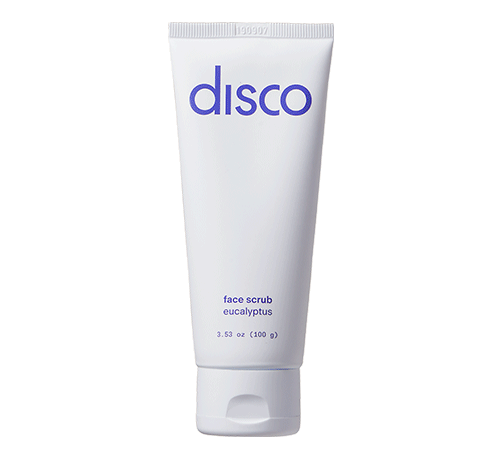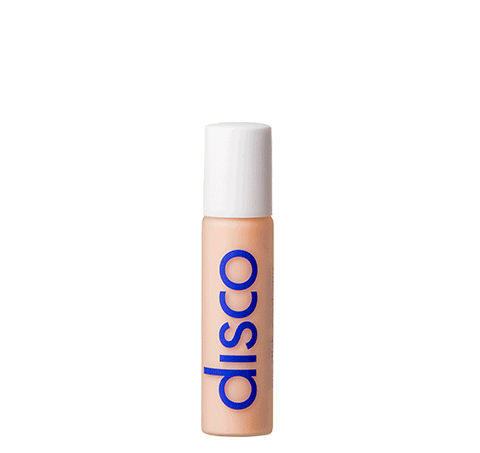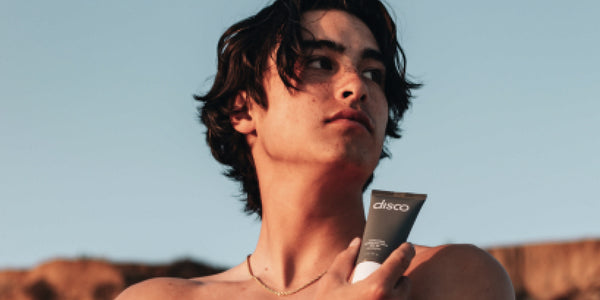Protecting the skin from sun exposure is the top priority when it comes to skincare. Even with the most diligent, well-rounded skincare routine, if you do not apply sunscreen or SPF products, your skincare won’t do much for your skin. This is because the photodamage caused by sun exposure can be incredibly detrimental to the skin cells.
Sunscreen is important to apply every day because it protects the skin from the harmful effects of sun exposure, the UV broad spectrum, and even damaging light emitted from phone and computer screens. Furthermore, it can provide additional fortification and benefits for the skin, help prevent skin cancer, and soothe irritated and inflamed skin.
Why Sunscreen is Important
If you’ve asked yourself this question, it’s time to catch up with the 21st century. Yes, you absolutely need sunscreen, and for more reasons than you might think.
The sun gives off three different types of damaging rays: UVA, UVB, and UVC.
UVA rays account for about 90% of the visible signs of aging on our skin. UVA rays damage our skin’s ability to correctly produce collagen and elastin.
When collagen and elastin fibers in the skin are damaged, the skin begins to rebuild them. Still, too much UVA damage causes them to be rebuilt incorrectly, resulting in the visible signs of photoaging like:
-
Sagging skin that has lost elasticity
-
Sunspots and freckles
-
Deep wrinkles
-
Fine lines
-
Changes in skin tone and texture
UVB rays cause our skin to burn and are most closely linked to the development of severe skin conditions. However, they also contribute to photoaging.
UVC rays are the most dangerous types of sun rays, but they are absorbed by the earth’s atmosphere before they can damage our bodies.
How Sunscreen Works
There are two main categories of sunscreens, including chemical and mineral.
Chemical sunscreen contains ingredients that absorb harmful UV rays from the sun and turn them into harmless heat waves. These heat waves are then released by your skin back into the atmosphere.
Chemical sunscreens usually contain more than one chemical because most sun protectant chemicals don’t protect against both UVA and UVB rays. This is why you’ll usually see two ingredients listed under the “active ingredients” section on the product label.
The problem with chemical sunscreen is that it exposes your skin to chemicals that aren’t necessarily safe for your skin.
Mineral sunscreen, which is also known as physical sunscreen, is the safer solution to help keep you protected from the sun without causing irritation or exposure to unsafe chemicals.
Mineral sunscreen works by deflecting the sun’s harmful rays before they can be absorbed by your skin. Two minerals, titanium dioxide and zinc oxide, are typically used in mineral sunscreen.
- Titanium dioxide. This mineral contains titanium, which is of no value to your body. It’s also able to create free radicals that can damage your skin. Although it’s typically deemed safer than its chemical counterparts, it’s still not the best you can do for your skin.
- Zinc oxide. Zinc is a mineral your body needs to function healthfully. It’s safe and necessary for your body. Zinc oxide also has a broad spectrum, which means it can deflect more UVA and UVB rays than titanium dioxide. Traditionally, zinc is also much more gentle on your skin than titanium dioxide.
Mineral sunscreens are the sunscreens of choice by most dermatologists, including our chief science officer. In addition, mineral sunscreens offer better protection from the sun, typically include fewer ingredients, and don’t expose your skin or body to harmful, irritating chemicals.
Let’s Disco
You may have crossed off sunscreen as an essential purchase for yourself, or limited your use of it to the summertime if you work from home. But SPF should be used indoors and outdoors, year-round and all day.
So what kind of sunscreen should you be looking for?
Well, we created our own SPF because we weren’t satisfied with the options out there. Many of the major brands that make popular spray sunscreen products use harmful chemicals in their formulas. OR, they leave an ugly white cast on your face, which is the exact opposite of how you want to look at the beach.
We bridged the gap between everyday and high-performance, and between moisture and protection, and made the Disco Mineral Sun Block with SPF 30. It’s formulated with all-natural ingredients and Zinc Oxide to ensure that future you stay looking youthful and protected against UV rays and harmful blue light.
We even added our favorite ingredients, like tripeptides, wakame extract, and niacinamide so it acts like a moisturizer too.
SPF is needed both indoors and outdoors, so you can ensure that you’re protecting your skin from UV rays outside, and blue light from your screens inside. The magic behind the Mineral Sun Block is that it simply feels like your everyday moisturizer, and the powerful SPF is just an added bonus. We recommend applying twice daily for maximum protection.







